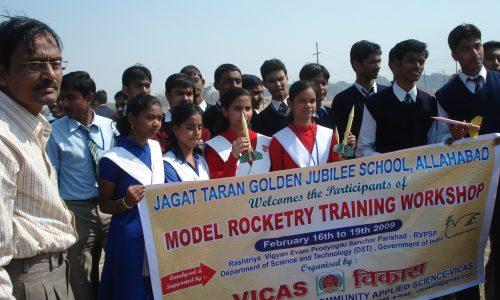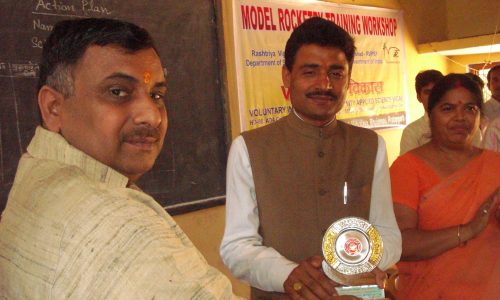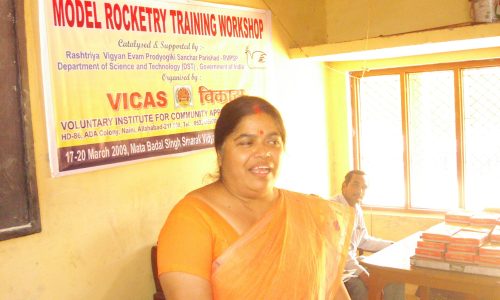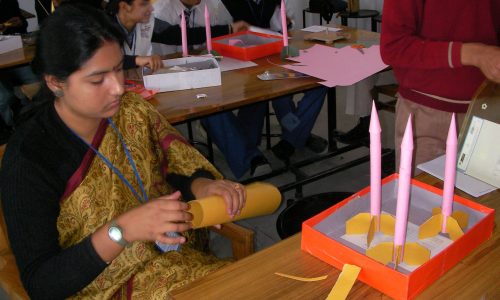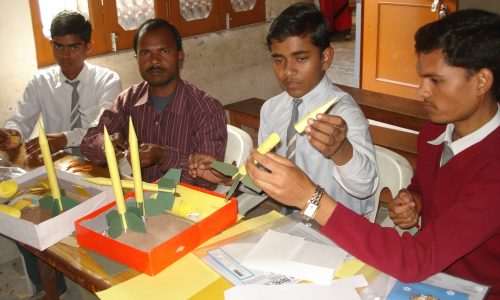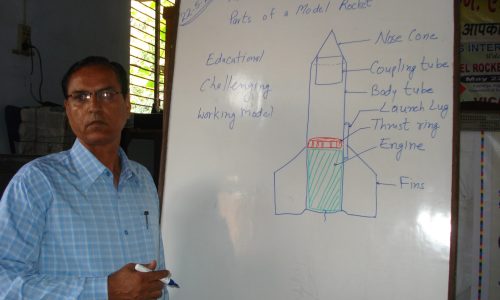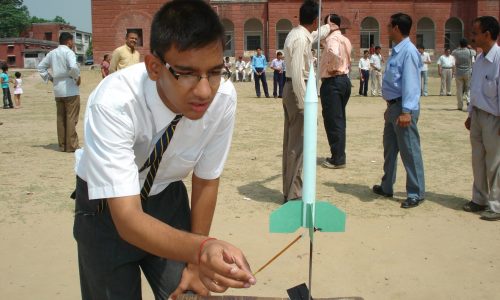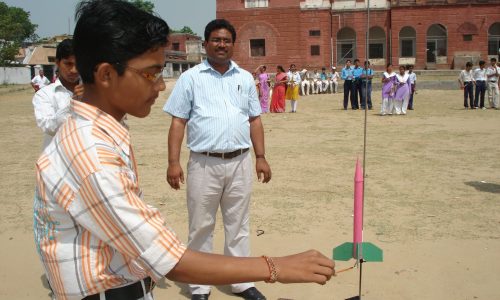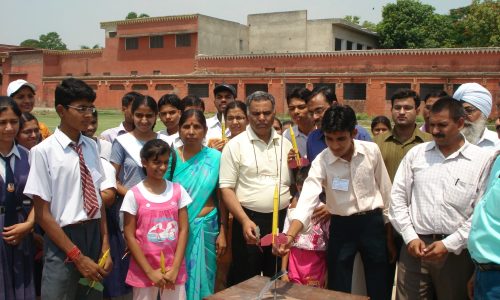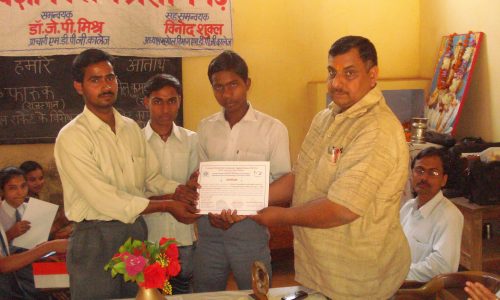Entrepreneurship-programs
Scientific thinking in communities, integrates education with development.
Science Writing /Journalism - A Multimedia Approach
VICAS has developed a comprehensive syllabus and Training Manual for one to five-day hands-on training in Science Writing/Journalism with a multimedia approach. This program aims to enhance science communication skills, providing practical experience in writing, editing, and publishing science content. It covers multimedia storytelling using text, images, videos, and more. Participants will improve critical thinking, learn effective interviewing, and understand science journalism ethics. The training also includes digital literacy, portfolio building, career guidance in science journalism, networking opportunities, and updates on industry trends. The goal is to equip participants with the essential skills and knowledge for effective science communication.
- Develop Science Communication Skills: Equip participants with strategies to convey complex scientific concepts to diverse audiences.
- Practical Experience: Provide hands-on experience in writing, editing, and publishing science content using a multimedia approach.
- Multimedia Storytelling: Teach participants to use text, images, videos, podcasts, and infographics for compelling science storytelling.
- Critical Thinking and Analysis: Enhance skills in evaluating scientific research and its implications.
- Ethics and Digital Literacy: Emphasize accuracy and objectivity in reporting, and familiarize participants with digital tools and platforms.
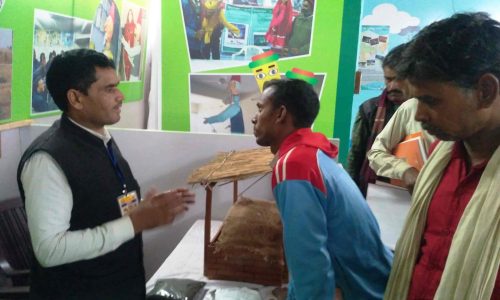
Awareness Drive through Folk Media-Puppetry
VICAS has developed a syllabus along with a demonstration kit, Training Manual, Posters etc for one to five days activities related to hands-on training cum awareness drive among children, teachers and common masses
- Train Puppeteers: Develop a team skilled in folk media and puppetry, including script writing and puppet creation.
- Local Science Communicators: Foster science communication at the local level and train individuals in creating and designing puppet characters.
- Artistic Skills: Enhance artistic abilities needed for folk media puppetry, such as songwriting and costume design.
- Social Awareness: Raise awareness about social issues and motivate trainees to use puppetry for social impact.
- Employment Guidance: Provide advice on employment opportunities, self-employment, and effective communication through puppetry at various events and programs.
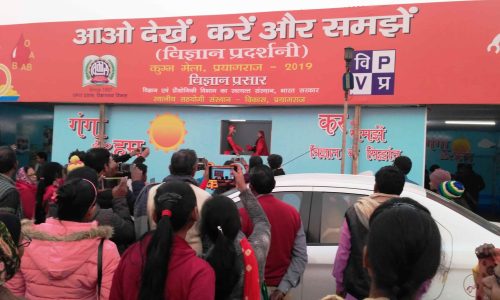
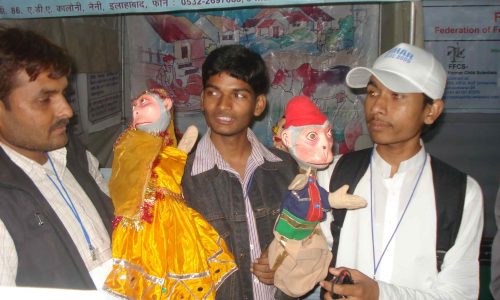
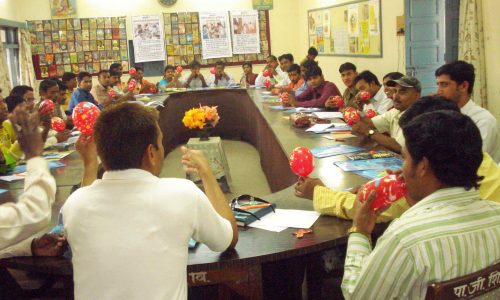
computer hardware training program
VICAS has developed computer hardware course begins with an introduction to the fundamental components of a computer, including the CPU, motherboard, RAM, and power supply. Students will gain a basic understanding of each part and how they interact to form a functioning system. The day includes hands-on exercises where participants will identify and familiarize themselves with different hardware components. This foundational knowledge sets the stage for deeper exploration in the following days, preparing students for practical tasks such as assembling, installing, and configuring hardware, ultimately leading them toward building and troubleshooting their own computer systems.
Introduction to Computer Hardware: Overview and identification of key components (CPU, motherboard, RAM, power supply) with hands-on exercises.
CPU, Motherboard, Memory, and Storage: In-depth understanding and installation of CPU, motherboard, RAM, and storage devices through practical exercises.
Power Supply, Cooling, Peripherals: Installation and configuration of power supply, cooling systems, and peripherals (keyboard, mouse, etc.) with hands-on sessions.
Troubleshooting, Repair, Networking: Training on identifying, troubleshooting, and repairing hardware issues, along with networking setup.
Advanced Topics and Computer Building: Hands-on exploration of advanced hardware topics (overclocking, liquid cooling) and building a computer from scratch, concluding with a graduation ceremony.
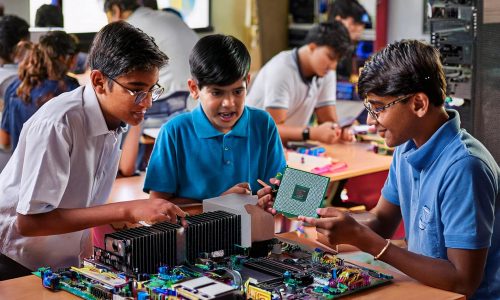
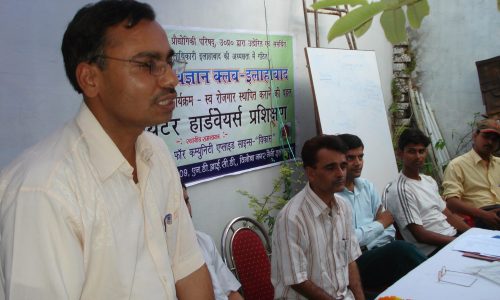
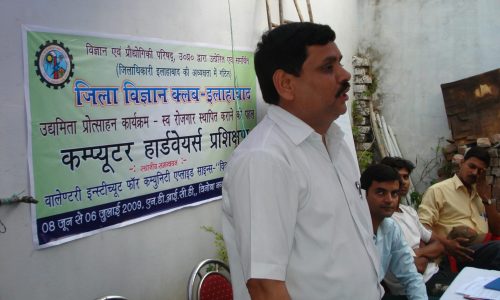
Mobile Phone Repairing
- Day 1: Introduction to mobile phone hardware, software, tools, and disassembly.
- Day 2-4: Focus on component understanding, troubleshooting, display/touchscreen, water damage repair.
- Day 5-6: Charging port, battery connector, motherboard, and IC repair techniques.
- Day 7-8: Software/firmware troubleshooting, advanced repair techniques (e.g., BGA rework).
- Day 9-10: Diagnostic tools, troubleshooting, graduation ceremony, and career guidance.
Screen Printing and Self-Employment
- Introduction to Screen Printing : Overview of the process, setting up a unit, and understanding materials/equipment.
- Screen Printing Techniques : Hands-on training on printing techniques, materials, and troubleshooting.
- Design and Image Preparation : Learning design principles, manual and digital methods, and screen preparation.
- Advanced Techniques and Business Planning : Advanced printing, finishing techniques, quality control, business planning, and marketing strategies.
- Graduation and Follow-up : Certificate distribution, mentorship, and support for starting a screen printing venture.
Dairy and Vermi-Composting Training Program
Objectives Summary:
Day 1-3: Dairy Management
- Introduction to dairy farming, breeding, feeding, and health management.
- Techniques for milk production and processing.
Day 4-6: Dairy Product Preparation
- Hands-on training in preparing curd, butter, ghee, and cheese.
- Focus on packaging, marketing, quality control, and safety.
Day 7-9: Vermi Composting
- Overview of vermi composting, setting up units, and worm management.
- Compost production techniques covered.
Day 10-12: Compost Application and Utilization
- Application of vermi compost in agriculture, making compost tea, and value addition.
Day 13-15: Business Planning and Graduation
- Business planning, marketing, and branding strategies.
- Graduation with certificates and guidance for launching dairy and composting ventures.
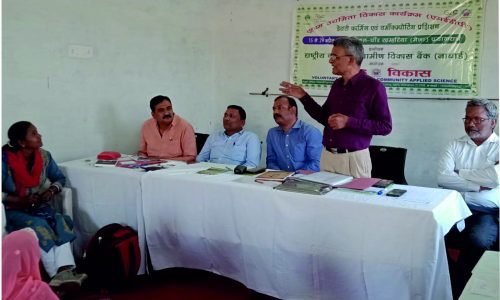
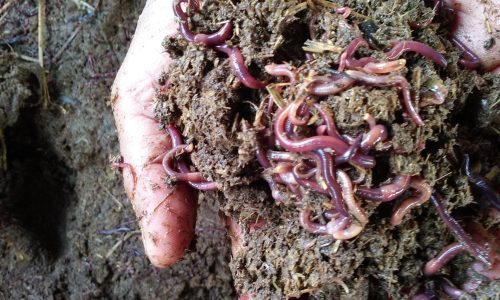
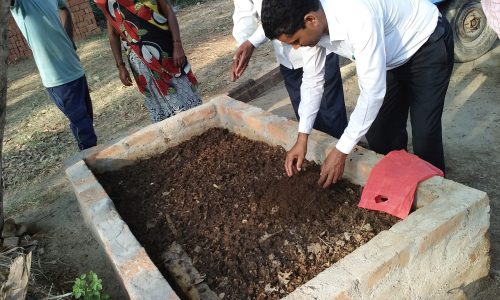
Jute Items Produce Training
Objectives:
- Introduction to Jute and Entrepreneurship: Overview of the jute industry, basics of entrepreneurship, and setting up a jute-based business.
- Jute Crafting Skills: Hands-on training in jute crafting, including making products and quality control.
- Design and Product Development: Learning design principles, creating new jute products, and prototyping.
- Business Management and Marketing: Fundamentals of business management, marketing strategies, and customer service.
- Entrepreneurship Development and Diversification: Developing an entrepreneurial mindset, exploring new jute products, and creating a business plan with financial projections.
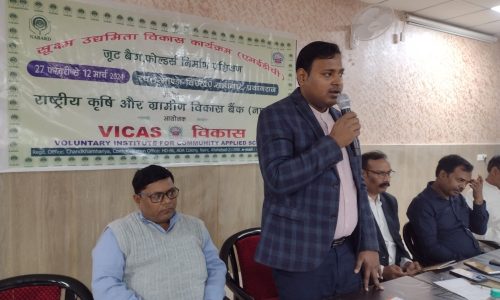
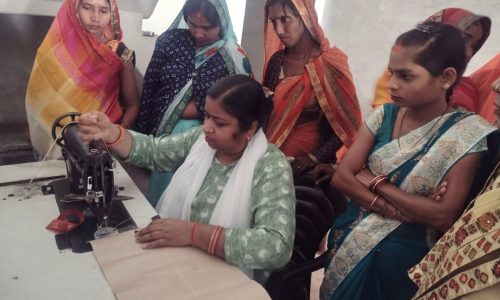
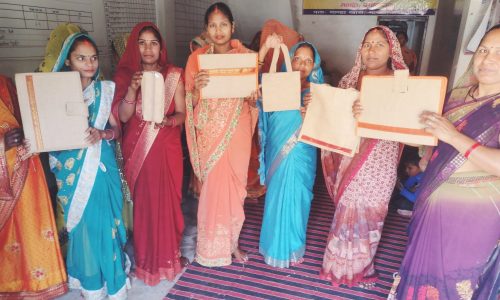
model rocketry training workshop
- Understand rocketry principles like propulsion, stability, and control.
- Explore various rocket types and their designs.
- Build and launch model rockets using learned concepts.
- Foster appreciation for space exploration science and technology.
- Inspire interest in aerospace careers and STEM fields.
